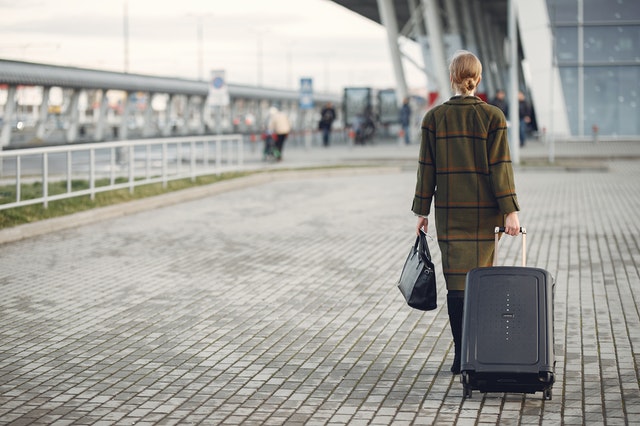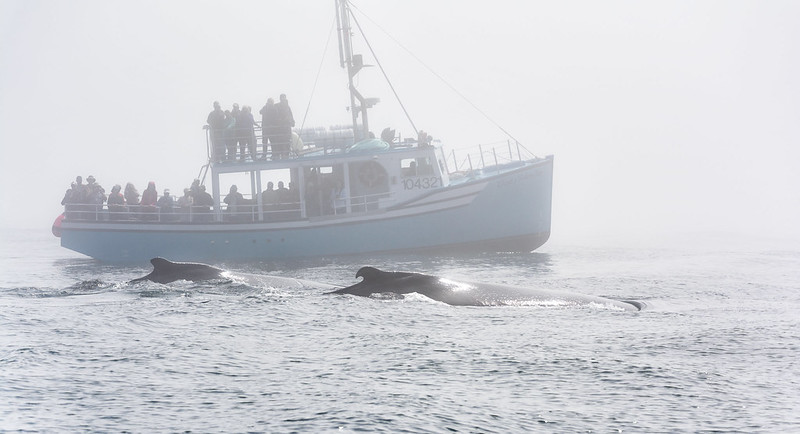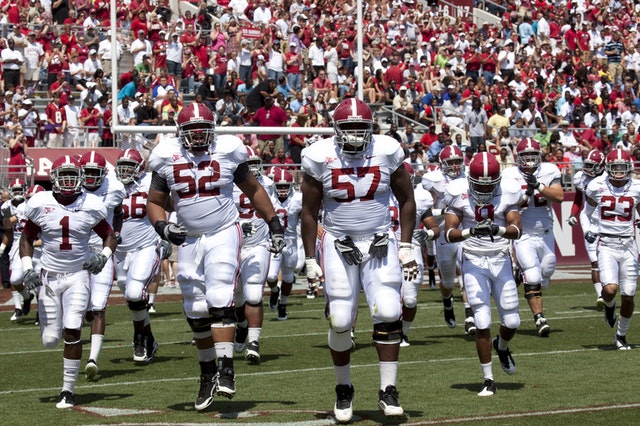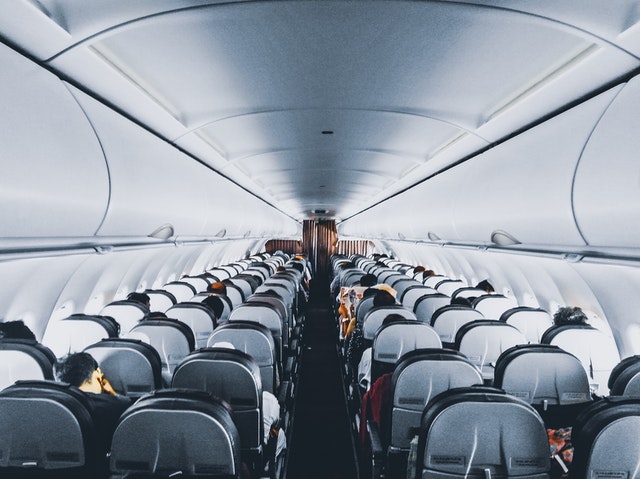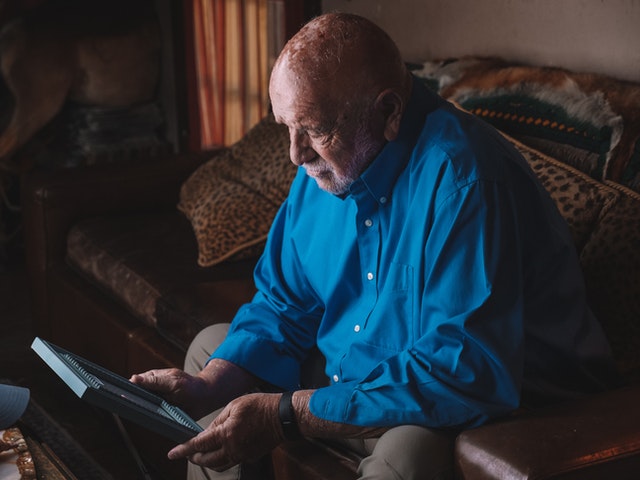by Daniel Fink, MD, Chair, The Quiet Coalition Military jets are very loud. Performance, not acoustic comfort of those on the ground, is the only criterion that matters. But what if jet engines could be made quieter without decreasing performance? That would help...
Article Category:
Dr. Daniel Fink
Article Categories
Are we becoming acoustic refugees?
Photo credit: Gustavo Fring from Pexels by Daniel Fink, MD, Chair, The Quiet Coalition When I sent one of my noise colleagues a draft post about the Discover article on how human noise overwhelms natural sea soundscapes for comment and correction, mentioning quiet...
Human noise is overwhelming the seas’ natural soundscape
Photo credit: Claudiu Dobre licensed under CC BY-NC-SA 2.0 by Daniel Fink, MD, Chair, The Quiet Coalition This article in Discover reports on a search to find quiet places in the world’s oceans. Marine animals, from the least developed to apex species like dolphins...
Football teams adapt again to noisy crowds
by Daniel Fink, MD, Chair, The Quiet Coalition I’ve written in the past about noise in stadiums and arenas where college and professional sports are played because they are invariably too noisy. The world record for stadium noise, according to Guinness, was set at a...
How to prevent hearing loss while flying
Photo credit: Sourav Mishra from Pexels by Daniel Fink, MD, Chair, The Quiet Coalition This article by Travel Awaits discusses tips on preventing hearing loss while flying. It’s a little biased towards the Widex hearing aid brand, but still contains some useful...
Iceland fined for making too much noise
Photo credit: Kjetil Ree licensed under CC BY-SA 3.0 by Daniel Fink, MD, Chair, The Quiet Coalition When you read the headline, you probably reacted as I did. How could noise made in Iceland, in the far reaches of the North Atlantic, be heard in its nearest neighbors?...
More on the link between dementia and hearing loss
Photo credit: Kindel Media from Pexels by Daniel Fink, MD, Chair, The Quiet Coalition On The Conversation, Thomas Littlejohns, an epidemiologist at Oxford, discusses his recent scientific publication about the link between hearing loss and dementia. This relationship...
Alaska art exhibit meant to be heard, not seen
Photo credit: James Brooks licensed under CC BY 2.0 by Daniel Fink, MD, Chair, The Quiet Coalition I’m a doctor, not an art critic, but I was intrigued by this report in the Alaska Daily News about a new exhibit at the Anchorage Museum. As the article notes, museums...
Combination of silence and sound may preserve hearing
Photo credit: Arina Krasnikova from Pexels by Daniel Fink, MD, Chair, The Quiet Coalition This report from the University of Rochester Medical Center describes research showing that in a mouse model, a combination of silence and broadband sounds (containing sounds at...


